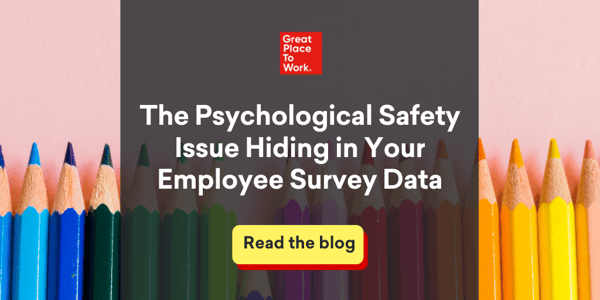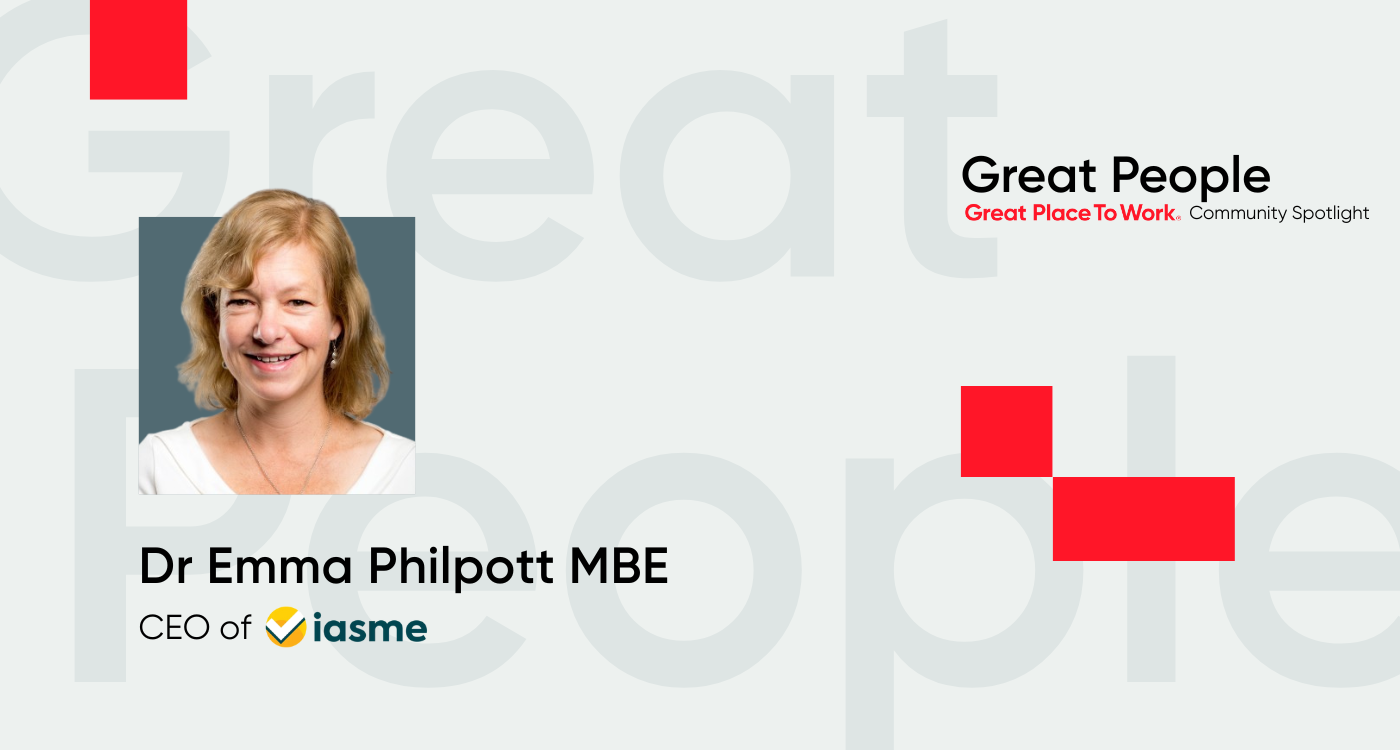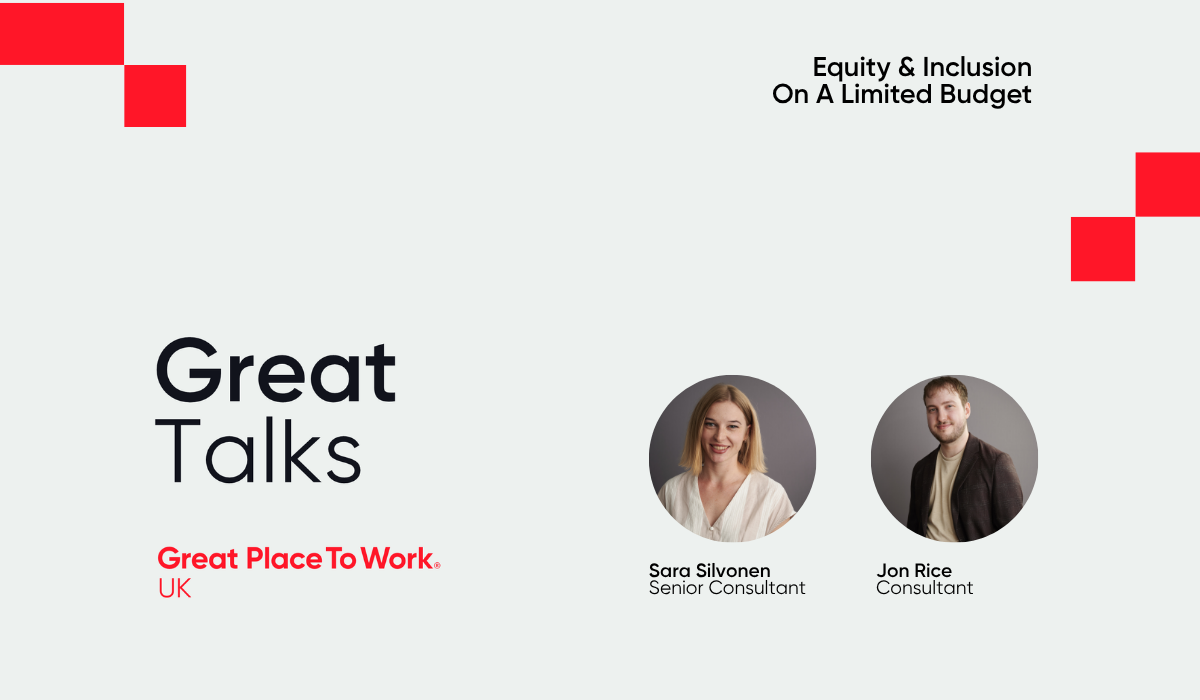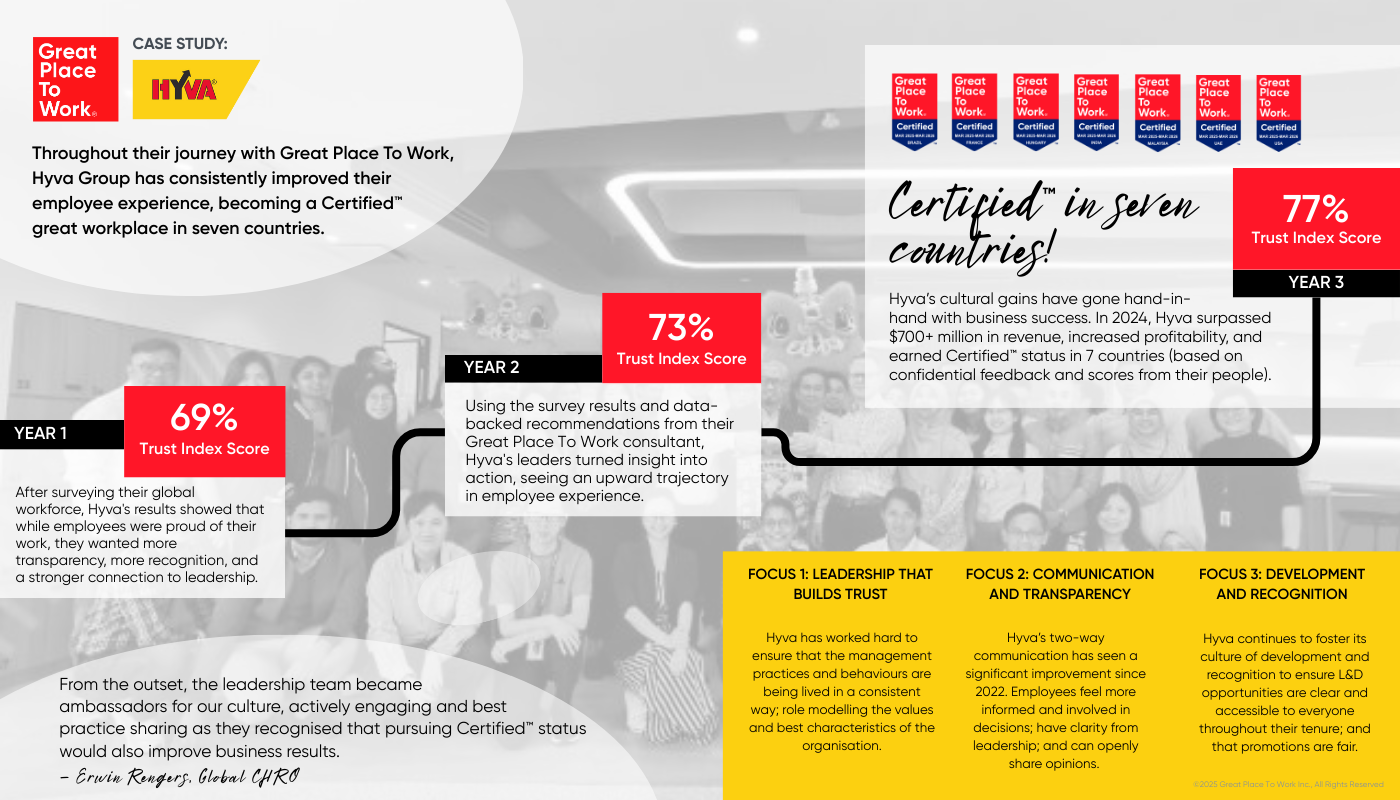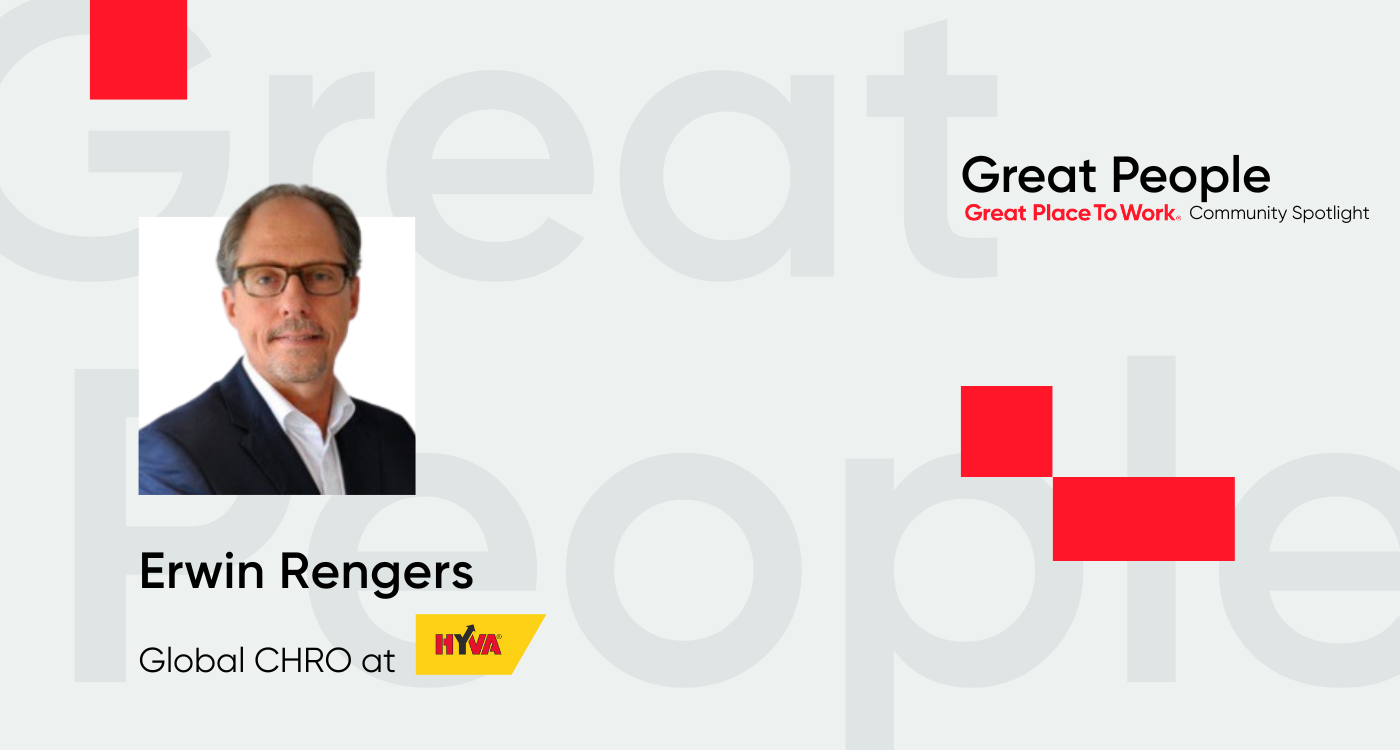“If you want a highly engaged, productive, happy workforce then you have to invest in your people. You’ve got to create this psychologically safe culture. It’s got to be created in your line managers, hiring executives, in the leadership, it’s got to permeate through this institution. And you know it pays back in so many ways.”
– Professor Dame Carol Black
What is psychological safety and why is it important?
Psychological safety is defined by a person’s ability to feel that they won’t be shut down, punished or humiliated for speaking up with ideas, questions, concerns or mistakes in the workplace. This extends to their ability to innovate, to speak out against injustices and campaign for changes.
For the individual, it translates to less stress, more job satisfaction, and greater confidence. But businesses also reap the benefits.
“We know from research that if somebody goes to work and feels that they are going to be taken care of, they are going to do much better at work,” says Michael Bush, Global CEO of Great Place to Work®.
Mounting research backs these claims, including a two-year study by Google that revealed their highest performing teams all have one thing in common: psychological safety.
Great Place to Work® has also been amassing a wealth of data on the topic. By surveying employees for 30 years, we have been able to track the successes of companies that score highly in this area.
“We found that psychological safety is the biggest driver of earnings,” says Mr Bush. “Of our question set, it is the most important predictor of profitability.”
Less stress among the workforce has a direct correlation with less absenteeism and higher retention. Data also shows that creating environments of high psychological safety will make organisations more productive and have higher levels of customer advocacy.
It all starts with trust
Feelings of trust and psychological safety are interwoven. You cannot talk about one without talking about the other.
To quantify psychological safety, Great Place to Work® has been measuring “trust” through employee surveys for 30 years. “It’s become a new thing for a lot of people, but for us it’s been decades of research knowing that trust is the foundation,” says Mr Bush.
The research shows that trusting and caring for those on your team, and feeling it in return, is what drives exceptional performance and pride in their work. “That’s what causes somebody to double check their work, or triple check their work,” Mr Bush continues. “It’s not the hourly wage, it’s not stock options. Exceptional work comes from people caring.”
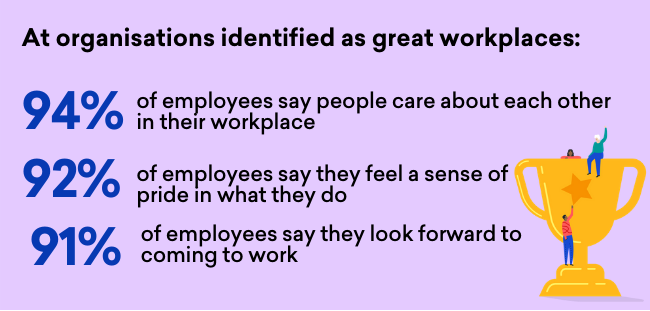
Download more insights and best practices in our ‘Safe for work’ report
The secret sauce: culture
“Our energy around psychological safety starts with our culture — and it’s real, it’s not just a word, it genuinely influences the way we practice in our business here."
- Brent Hyder, President & Chief People Officer at Salesforce
Companies interviewed in our ‘Safe for work’ study all achieved high rankings and special recognition for being a great workplace with an excellent record of psychological safety. When asked about how they grew and achieved their positions, they pointed to their workplace culture.
“Culture” may seem a cop-out because the term can seem vague and unquantifiable. But through our unique diagnostics, our clients can measure their employee experience and benchmark it internally and externally to continuously make gains in the right direction.
Organisations recognised as one of Europe’s Best Workplaces™ consistently speak to the unique tangibility culture has in the everyday workplace. It’s the organisational values and subsequent leadership behaviours that align employees’ mindset and unite them behind the mission. And in great workplaces they are reinforced day after day.
"We intentionally take culture, sense of purpose and our principles off the page and live it in everything we do."
- Kate Menzies, Vice President of People & Organisation at Mars, Inc.
Increasing psychological safety even in a crisis
As Covid-19 spread across the globe, nearly all companies found themselves rushed to create physically safe environments for both frontline and office workers. At great places to work psychological safety has become even more top of mind.
"Psychological safety is more important to us than ever. We invested in the health and wellness of our associates including pay protection and ensuring associates had the right set up at their home given personal circumstances. We are not letting that go,” says Ms Menzies.
“We have a number of new programmatic efforts to support our staff members,” adds Michael Egermann, Amgen’s Head of HR in Europe. Egermann. “But at the end of the day, at the core of it is communication to make sure you talk to people and listen…From this we recognised that people were struggling to find the boundaries of work.
"Many were getting up early and finishing late. So where possible we mandated that everyone take a vacation over Easter. Initially a lot of people weren’t pleased, but after we heard great feedback. Some people didn’t realise how tired they were.”
Click here to read the full study and learn how you can start improving the psychological safety in your workplace.

